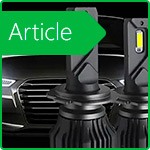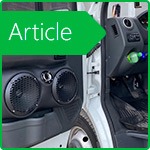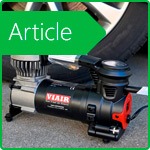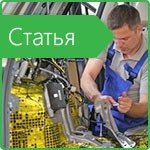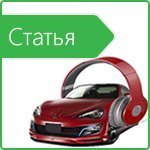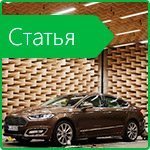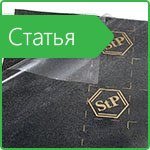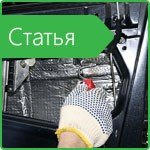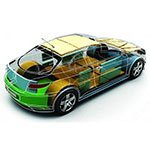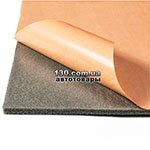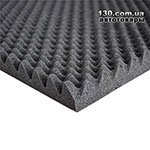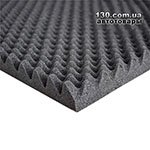Soundproofing and corrosive processes in the car
Very often, many car owners have the problem of rust in a car. Moreover, sometimes the sources of its occurrence are capable of destroying the metal in a short period – in just a few winters.
Quite often, you can hear the beliefs about the direct relationship of noise insulation to the occurrence of corrosive processes on the metal parts in the car. In other words, insulation can influence the appearance of corrosion. Is it so? Let's see.
The principle of operation of sound insulating materials
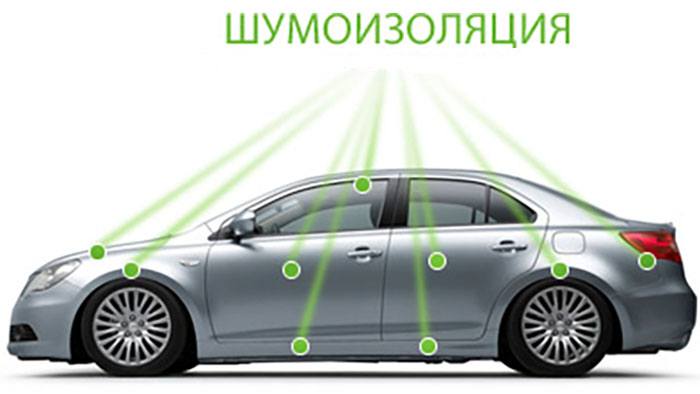
First, you need to understand how noise insulation works and what its composition in order to confirm or refute attitude to corrosion appearance. The main component of noise insulation in the car is vibration isolation; the principle of its work is to seal the metal. At the same time, it includes bitumen mastic; it is, first of all, quite often used in its pure form for anticorrosion treatment of the vehicle. The only difference is that the vibration insulation made with the addition of additional materials and additives.
Thus, any materials for vibration insulation rather prevent the occurrence of corrosion, rather than contribute to its occurrence. Moreover, this facilitated by the components included in its composition, they act as anti-corrosion mastic.
Causes of rust
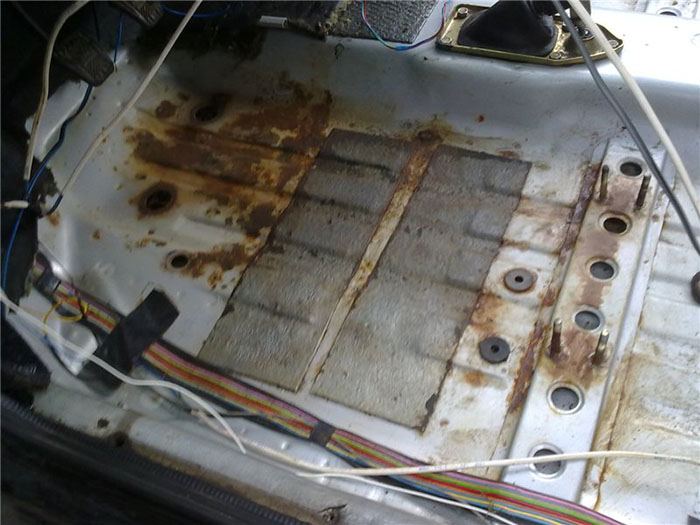
For the successful emergence and spread of rust, the following conditions must be present:
- water;
- metal;
- oxygen.
Their interaction is the cause of rust. In the case of high-quality installation, dense packing of the vibration insulation to the metal coating, the ingress of moisture and oxygen completely excluded, since the vibration insulation closes the access to the metal. Moreover, if the vibration insulation poorly installed on the body, it loosely rolled to the metal surface, and then the appearance of corrosion is inevitable.
1. Conducting poor sound insulation leads to the formation of air bubbles, in them with temperature drops condensation occurs.
2. An increase in temperature leads to a drying out of moisture, but when such conditions occur again, condensate appears again.
3. This cycle lasts until rust appears, forming the first through holes.
Therefore, during the insulation it is necessary to thoroughly degrease and clean the surface on which the material will laid, and then roll it well. This will ensure a quality installation, without the appearance of air bubbles.
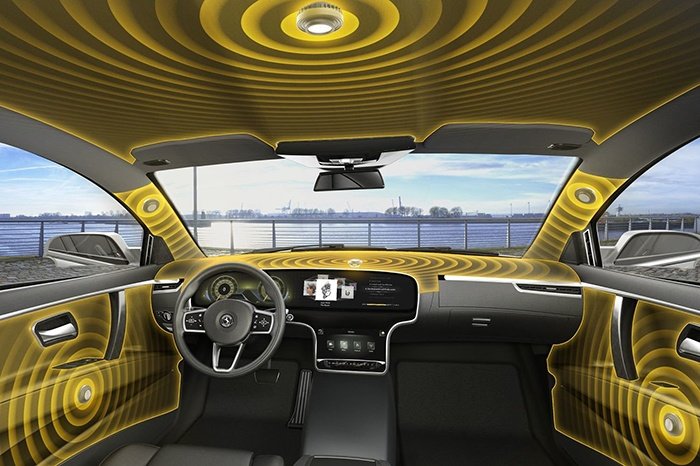
How to conduct noise insulation, if rust on the body?
Sometimes there are situations when, when conducting noise insulation processes, it was found that there is rust under the carpet. In this case, if the spots do not pass through, then it is necessary:
- using a grinding machine to clean the surface, thereby removing corrosion;
- degrease the coating and paint this place with acrylic paint. Before painting, you can pre-treat the metal with zinc primer;
- on the dried surface, you can glue the vibration-proof material.
These simple steps will help get rid of corrosion and successfully completed noise and vibration insulation in a car.
Choosing materials for insulation correctly
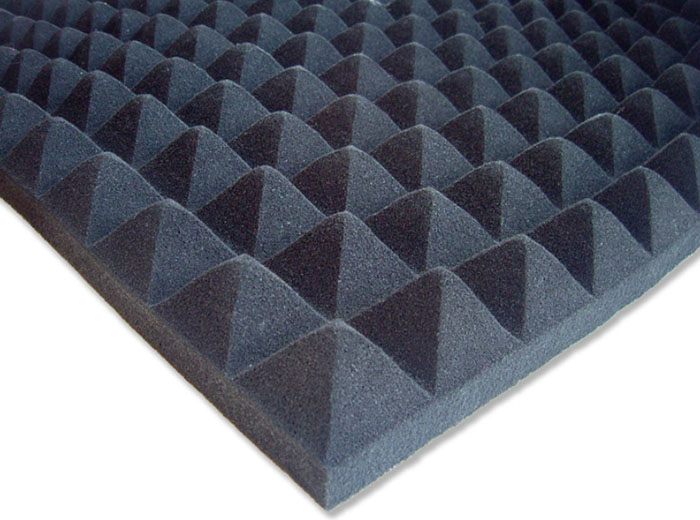
Sudden temperature fluctuations can cause water droplets to form – both from the outside and from the inside of the car. Especially they appear in invisible cavities – on the doorsteps, rear wings, doors. This phenomenon considered normal, for this many manufacturers of insulating materials make holes in them for drainage, they are located at the bottom of each product. Thus, when water drops occur, moisture easily and quickly escape through these openings, and the door will dry out well.
In addition, the important point is the careful choice of material for vibration and noise insulation. It is important to take into account that the highest sound absorption indicators have open-cellular products; these are ordinary foam rubber and materials made on its basis. However, despite the variety of options offered, there are products that do not have a special water-repellent impregnation. The absence of this function significantly reduces the sound-absorbing properties of the insulation, since non-impregnated materials quickly absorb moisture. Thus, the cabin will not only have an unpleasant odor, but corrosive processes will quickly spread on the insulated metal surface.
Draw conclusions
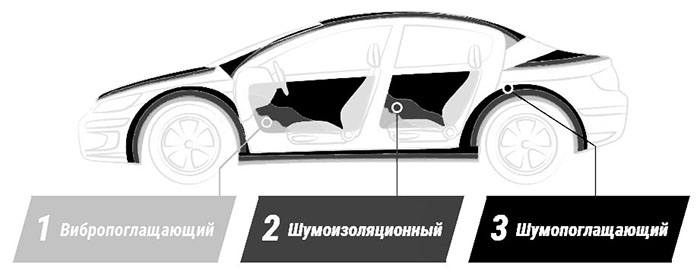
So, it is worth to treat noise insulation with special care. From the correct work carried out depends on the subsequent state of the interior of your car and, accordingly, the subsequent qualitative absorption of noise and vibrations.
Equally, important is the installation of noise insulation on the wheel arches from the outside of the car. Carrying out this process helps to reduce noise in the cabin, as well as protect the body from rust. In the same way can carried out isolation thresholds and the bottom of the vehicle.
Therefore, we can conclude that a high-quality installed insulation cannot cause corrosion. In addition, modern materials used during this process, on the contrary, can protect the machine from corrosion and rotting.
To choose a suitable material for sound insulation, refer to our website – here you can select products for carrying out the insulation of different parts of the vehicle body. At 130.com.ua you can buy materials for soundproofing a car in Kharkov, Odessa, Kiev with delivery in Ukraine.
Materails on the topic
Noise insulation: Best Sellers

Stay tuned for updates!
Subscribe to our Telegram channel and be the first to receive useful materials.
Subscribe











